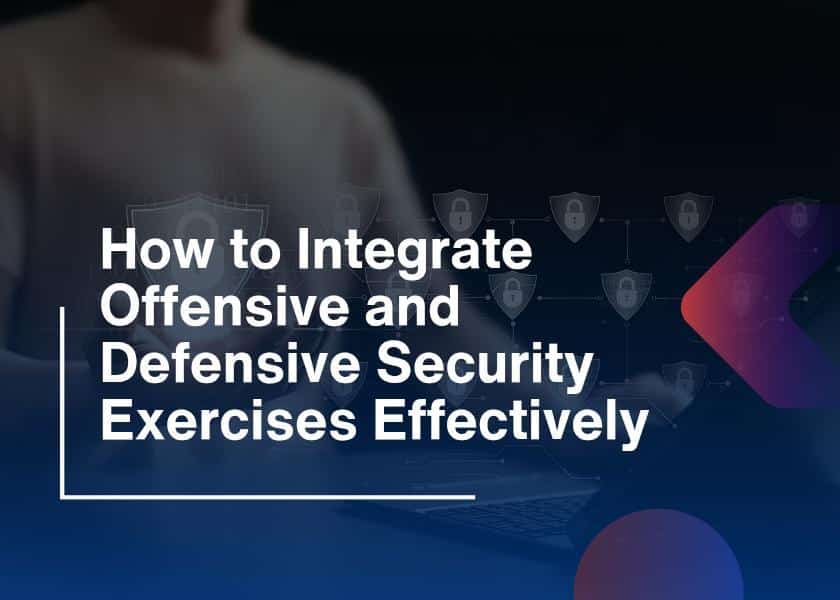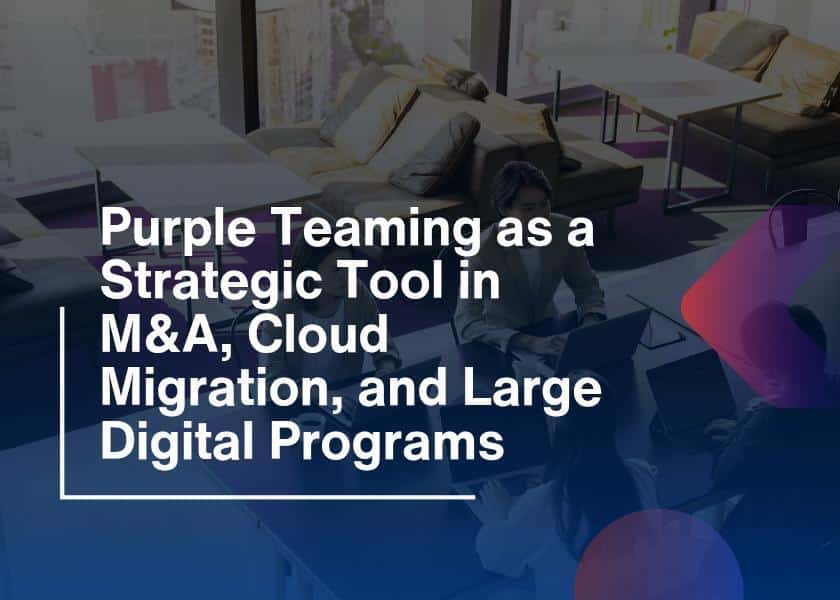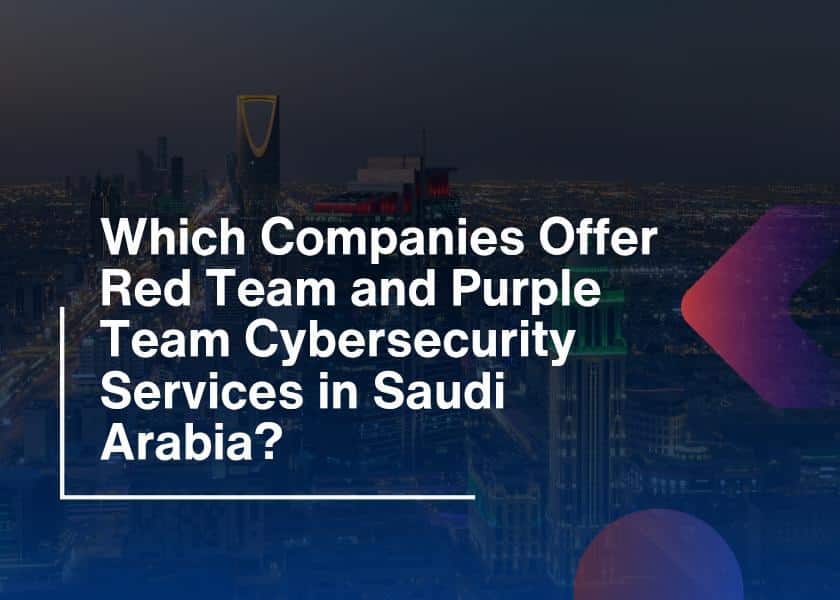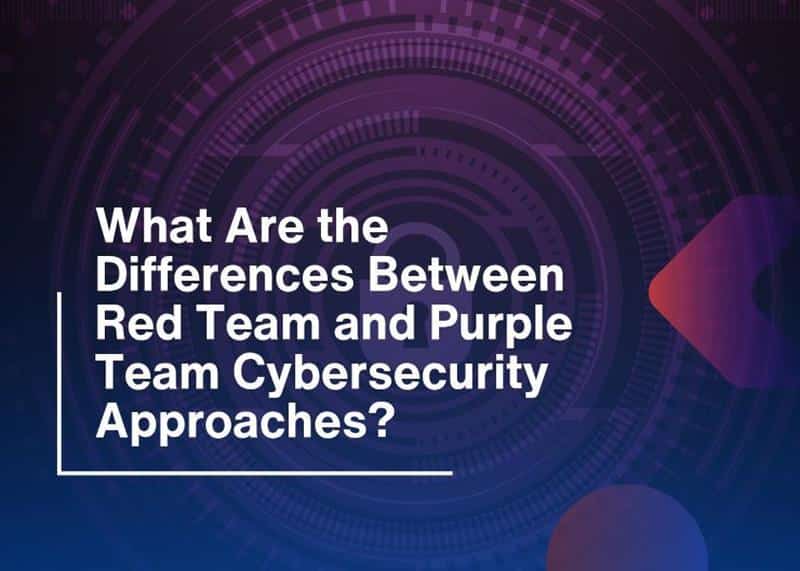Ever wondered how successful Saudi companies stay strong, compliant, and cyber-secure, especially in today’s unpredictable world? This is due to the Governance Risks and Compliance GRC in KSA. In recent years, businesses in Saudi Arabia have faced growing demands from regulators, stakeholders, and cybersecurity threats. Whether you’re running a tech startup, managing a family business, or leading a large corporation, adopting GRC Governance, Risk, and Compliance is no longer optional; it’s essential. So, what exactly is GRC? Why is GRC in KSA gaining so much attention? Let’s explore this business-critical framework in detail.
What is GRC in KSA?
First of all, GRC is short for Governance, Risk, and Compliance. Put in simpler words, it is a strategy that will enable your business to be on course with its goals, avoid risks, and operate within set rules. While in Saudi Arabia, this model is now gaining momentum due to the changing legislation, reforms by Vision 2030, and increasing cyber governance concerns. GRC combines three key pillars:
- Governance – Firstly, ensuring that ethical judgements and objective-oriented judgements are made.
- Risk management – The analysis of threats and the mitigation of threats.
- Compliance – At the end, all compliance to legal and regulatory requirements.
Taken together, the areas assist you in creating a responsible, resilient and future-ready business.
Why Should Saudi Businesses Be Concerned about GRC.
Perhaps, you are asking yourself, “Do I actually need GRC in KSA if I have a small business or one that is doing just fine? Absolutely, yes. Either you have a startup in Riyadh or a retail chain in Jeddah, the business ground is shifting very fast. Because the more one digitizes, the more responsibility he/she has and this will be of particular importance where data security, customer trust, and legal accountability are concerned.
In addition, Saudi regulators have increased their monitoring, particularly in areas such as banking, health and e-commerce. One compliance slip-up can mean huge fines, the shame of being in the news and worst-case, shutdowns. On the other hand, a GRC strategy will help you detect the risks from the early stages, keep up with the regulatory standards and develop a stronger trusting relationship with clients and partners. By way of conclusion, risk compliance in Saudi is not an option but a business imperative.
How Governance Impacts Saudi Businesses
Governance could be perceived as a corporate word for large companies. However, in the real sense, it is just the structure with which decisions made and actions are limited in your business. So, good governance will make sure that your company’s decisions are ethical and transparent and will align with their long-term vision. Therefore, this has an element of aligning with initiatives of the vision 2030 in the Saudi context and adherence to ethical business practice.
Additionally, good governance also entails establishment of clear leadership, proper communication between departments as well as holding people accountable on all scales. Furthermore, good governance is necessary for even those companies which are generously, endowed and yet can easily get lost, fail as result of bad decision making or internal conflicts if not guided.
Understanding Risk Management in the Saudi Context
Every business faces risks but in KSA, the landscape is evolving faster than ever. However, risk management means identifying potential threats before they happen. So, in Saudi Arabia, this can include:
- Cyberattacks on digital infrastructure
- Regulatory changes
- Operational disruptions
- Financial fraud or internal misconduct
Additionally, with proper risk compliance in Saudi, companies can:
- Avoid heavy losses
- Build trust with customers and investors
- Prepare for unexpected challenges
- Protect critical assets and data
Moreover, the Saudi Central Bank (SAMA) and other regulatory bodies expect companies to adopt strong risk controls, especially in banking, telecom, and fintech sectors.
Compliance in Saudi Arabia
Now, let’s talk about compliance, which means following the rules, both local and international. In addition, Saudi Arabia is rapidly introducing new regulations to create a safer and more transparent business environment. From anti-money laundering laws to the Personal Data Protection Law (PDPL), companies are expected to be up to date and fully compliant. The consequences of non-compliance range from monetary fines to business suspension or even criminal liability.
For instance, if your business collects customer data, you must follow strict rules about how that data is stored, used, and protected. So, if you deal with finances, you’re subject to anti-fraud and financial transparency laws enforced by authorities like SAMA. Therefore, compliance isn’t just about ticking boxes. It’s about staying competitive and building a brand that customers and regulators can trust.
The Role of Cybersecurity Governance in GRC
Here’s where things get even more important: Cybersecurity governance is now a must for every business in KSA. As more companies go digital, cyber threats are rising. In addition, the NCA (National Cybersecurity Authority) has introduced frameworks and guidelines to help protect national digital infrastructure. Cybersecurity governance includes:
- Assigning roles and responsibilities for cyber protection
- Monitoring systems for vulnerabilities
- Educating staff to prevent phishing and social engineering attacks
- Ensuring data encryption and secure backups
By aligning cybersecurity with your GRC strategy, you not only protect your business but also meet national standards.
Key Benefits of Implementing GRC in KSA
If you’re still not convinced, here are several strong reasons why your Saudi business should implement a solid GRC strategy:
- Regulatory Peace of Mind: Firstly, you stay ahead of changing laws and avoid last-minute panic.
- Reputation Management: Good governance builds trust with customers and investors.
- Operational Efficiency: Integrated systems reduce duplication and confusion.
- Stronger Decision-Making: Clear data and reports lead to better strategies.
- Cyber Resilience: You’re always prepared to tackle cyber risks and respond quickly to breaches.
- Competitive Edge: In a crowded market, a GRC-enabled business stands out as credible and compliant.

Steps to Build a GRC in KSA Framework in Your Business
So, how do you get started? Here’s a simple roadmap:
1. Assess Your Current Position
Firstly, start with a risk and compliance audit. Identify areas where you’re weak or exposed.
2. Define Governance Policies
Create rules for leadership roles, internal control, ethics, and decision-making.
3. Map Your Risks
Use tools like risk matrices or dashboards to visualize threats in finance, operations, and IT
4. Stay Updated with Compliance Laws
Work with legal advisors or consultants who specialize in risk compliance in Saudi.
5. Implement Cybersecurity Controls
Adopt national cybersecurity frameworks and protect your digital assets.
6. Train Your Employees
Make sure your team understands GRC and follows the right processes daily.
7. Monitor and Improve Continuously
GRC is not “set it and forget it.” Review your framework quarterly to stay updated.
Tools That Can Help Your GRC Journey
Thanks to technology, managing GRC is now easier than ever. You can use:
- GRC software platforms like RSA Archer, LogicGate, or MetricStream
- Cybersecurity tools approved by the Saudi NCA
- Automated audit and compliance checklists
- Data dashboards to track risk metrics
Most importantly, choose tools that are localized for GRC KSA frameworks and regulations.
Common Mistakes to Avoid
When implementing GRC, many companies fall into these traps:
- Treating it as a “tick-box” activity
- Ignoring small risks until they become disasters
- Not updating policies with changing laws
- Failing to involve senior management
- Skipping staff training on compliance and cybersecurity
Avoiding these mistakes can save you time, money, and a lot of headaches down the line.
Final Thoughts
In today’s fast-changing world, Saudi businesses need more than just ambition—they need protection, structure, and vision. That’s exactly what GRC offers. Whether you’re a startup founder, a CEO, or a compliance manager, embracing GRC in KSA will help you:
- Meet national and international standards
- Build a cyber-safe environment
- Make smart and ethical decisions
- Reduce risks and grow confidently
So, don’t wait until a crisis hits. Start building your GRC strategy today and future-proof your Saudi business.





